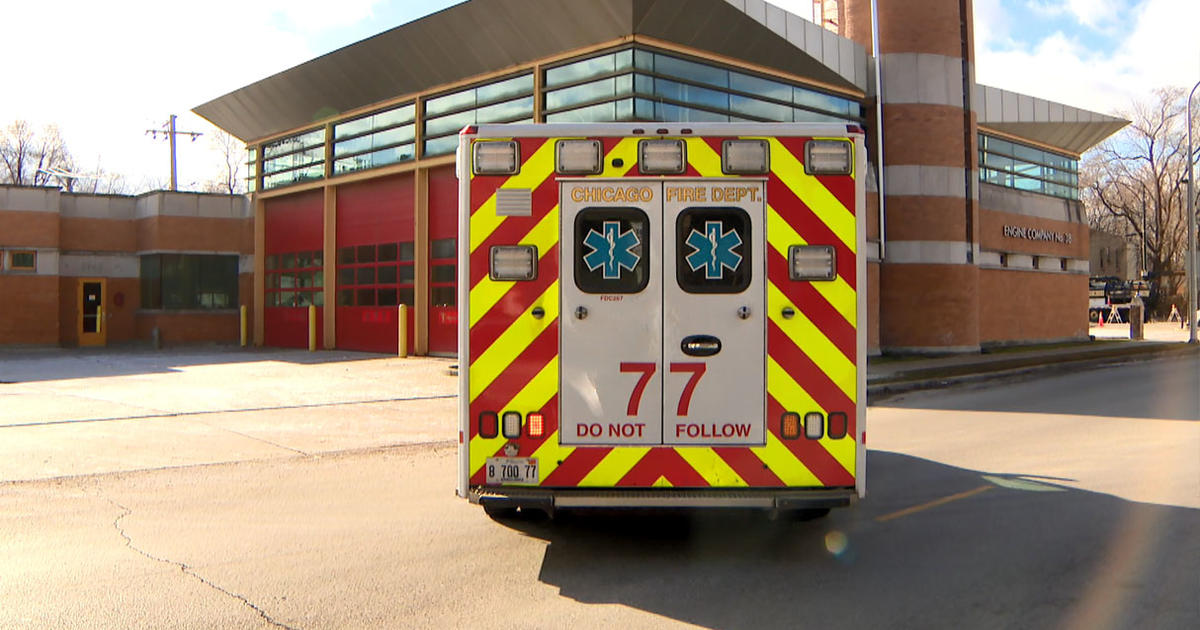UIC Study: Car Wash Workers Are Victims Of Routine Wage Theft
CHICAGO (CBS) -- Chicago car wash workers are trying to organize a union and are the subject of new research that finds their employers routinely steal from them.
WBBM Newsradio's Mike Krauser reports new research by a University of Illinois at Chicago professor suggests car washes in Chicago are ripping off their mostly immigrant workers to the tune of $2.5 million a year.
"These violations are the norm. These are not bad apples," said UIC professor Robert Bruno.
He said car wash operators appear to be all bad apples.
Bruno, who authored a study on the city's car wash industry, said his research showed wage theft and unsafe working conditions appear to be industry standards.
"By the way, you don't get industry standards unless somebody is not paying attention, and not enforcing the law," he said.
"The findings represent – and we want to underscore this – almost one-third of the car wash workers in the city, and 70 percent of full-service car wash establishments in Chicago. So we covered the territory," Bruno added.
Speaking through an interpreter, a car wash employee named Juan said it's true.
"They didn't give the tips to the workers, and they didn't pay overtime," he said. "It is an extremely abusive place to work."
Micah Uetricht, an organizer with Arise Chicago, an organization that helps low-wage workers, said "workers are working 11-, 12-, 13-hour shifts."
"I mean, it's not like there's just a few bad apples in the industry who are abusing workers. It's really widespread. It's the norm. The entire industry is based on this business model that includes paying workers below minimum wage, not paying overtime, all that kind of thing," he added.
Bruno said car wash workers have been losing about $4,500 a year due to wage theft by their bosses.
"The equivalent of one-third of their income amounts to wage theft," he said.
Bruno also said virtually all car wash workers are living in poverty.
Chicago car wash workers are trying to form a union to protect their labor rights.







